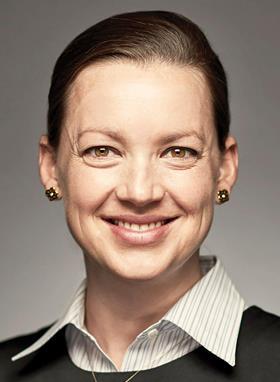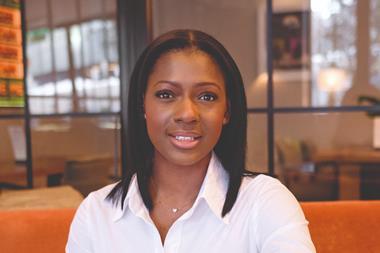“I plan to start a family imminently.” It’s not something many women would feel confident saying in an interview, nor is it something many interviewers would expect to hear.

But that’s exactly what I said three years ago when I met Greystar to discuss a potential role as development director. I knew the company was a family-friendly business and it invested for the long term – in both properties and people.
However, despite my undaunted approach, I did wonder how my comment would be received. Fortunately, it was an open conversation and I was reassured my plans for parenthood wouldn’t be an issue. They saw my talent, wanted me to work for them long term and made flexible arrangements benefiting both sides to create and promote a strong culture of inclusion.
In 2018, my honesty during the interview process is still not the norm. From talking to other women, I know many wouldn’t feel comfortable raising the possibility of children in front of a prospective employer. And they would have good reason to be cautious – the regrettable perception (and potential reality) still stands that some companies avoid the complexity of appointing women in more senior roles who are also starting a family.
A stigma still exists in professional life when it comes to children and the weight of this falls most heavily on women. Our industry needs to work together to consign this attitude to the past.
It is possible to have both a successful career and family
I can only speak from personal experience, but when my son George was born 18 months ago, it surprised me how many women and men asked me how much time I would be taking for maternity leave and who would be looking after my child if I decided to return. Talking to my husband, I discovered his experience was very different. He was never once asked about his plans for paternity leave or if he was returning to work.
It is possible to have both a successful career and family, but it does come with challenges. Children come with concerns about parental leave, returning to work after a career break and managing childcare. The burden of responsibility for these concerns still falls to women.
‘Not unique’
This culture is not unique to property. While our sector is still largely a male-dominated one, I am aware that industries employing more women than men are also struggling to achieve parity.
Parenting needs to be viewed in the workplace as affecting both men and women. As more men start to take advantage of paid parental leave, gradual change will come.
There are some more practical steps we can take to accelerate this change – we need to talk more openly about parenting to normalise a healthy work/life balance and encourage women to stay in the workplace and pursue promotions, if that is what they want. New parents, or people about to become parents, need to be able to talk openly with their employers about the support they need. We ’re all in this together and I know as an industry we can hasten and transform change.
I have come to believe that a diverse and inclusive workforce is good for employees, customers, clients and investors. When people feel that they are valued for who they really are they are more likely to be fulfilled in their work.
I am now pregnant with my second child and have already been asked dozens of times how long I will take for maternity leave “this time”. I try and keep an open conversation with the people who ask me and encourage everyone to be supportive of other people’s decisions.
We should be understanding of whatever choices women and men make with regards to balancing work and family. People should be encouraged to enjoy life and all that comes with it – including family, friends and interests outside work. This creates happier, more well-rounded employees and better business outcomes.
Michela Hancock is senior development director at Greystar
































No comments yet